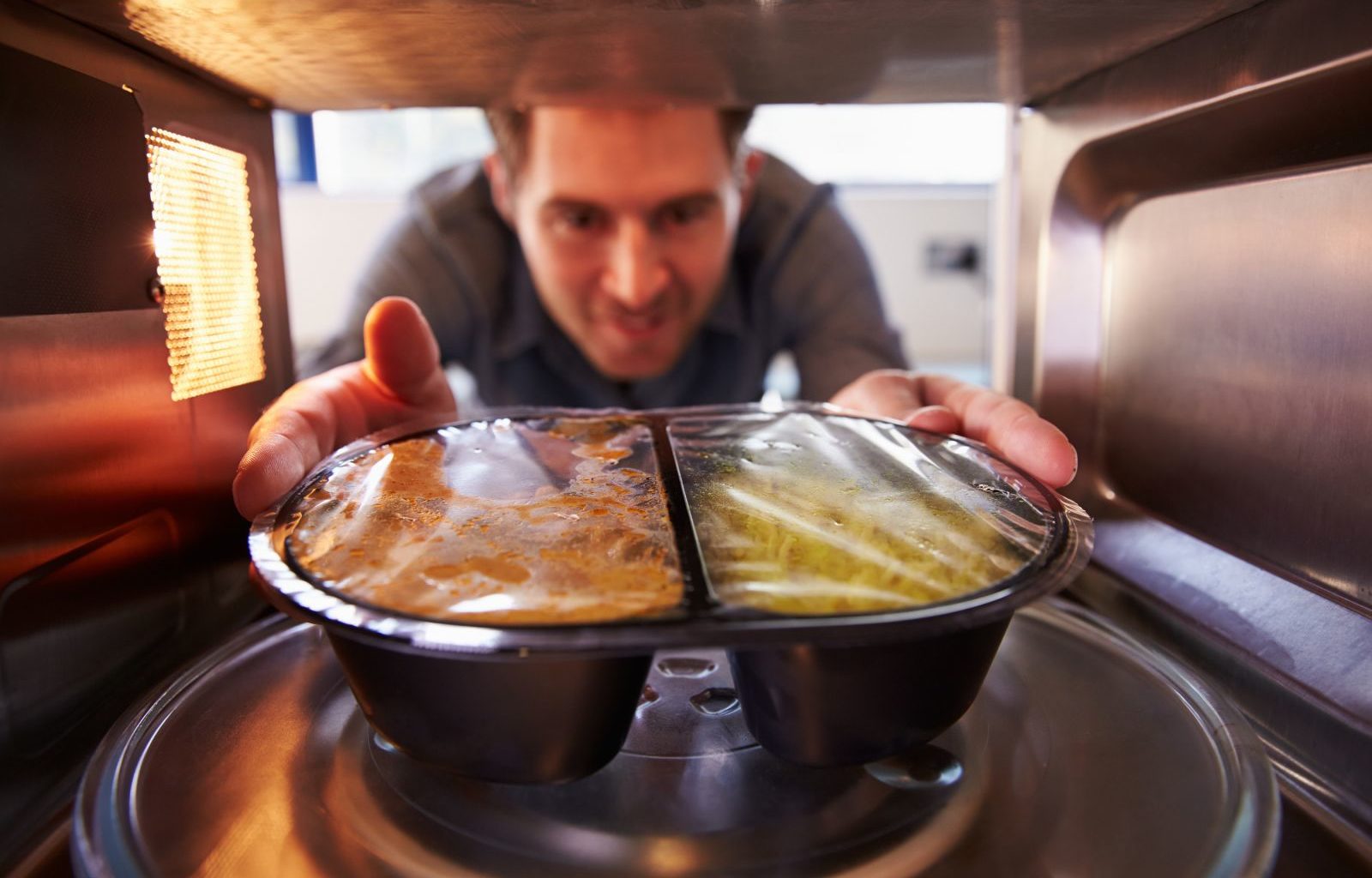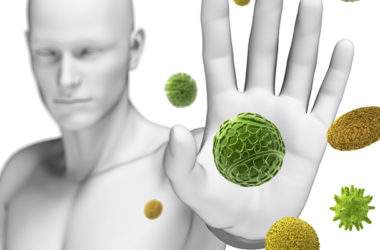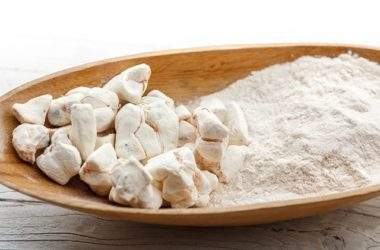Plastic containers are cheap, versatile and widely available. It’s for these reasons and more why a lot of people use them for storing and most especially for microwaving food. Depending on the plastic products that you use, many of them actually contain chemicals that can wreak havoc to your health. These chemicals can leach into food when used for heating or cooking in the microwave.
Studies have shown that some of these chemicals can have all sorts of negative effects on the body. According to medical experts, they can cause problems such as hormonal imbalance, infertility, cancer and so many others. Two of the chemicals in plastic products worthy of being tackled are phthalates, bisphenol-A (BPA) or any other replacement chemical for it such as BPS or BPC, and polyvinyl chloride (PVC).
Based on investigations, phthalates are known to cause an increase in blood pressure. They are also linked to increased urinary levels and insulin resistance, something that can put you at risk of ending up with diabetes. Additionally, phthalates have been associated with preterm or premature births as well as neurobehavioral issues in infants whose mothers were exposed to the said chemical during pregnancy.
On the other hand, BPA or anything spawned from it is linked to altered immune system functioning, structural damage to the brain, stimulation of prostate cancer cells, increased prostate size, decrease in number of sperm, and even an increase in number of fat cells that leads to obesity. Experts add that BPA can actually stimulate early puberty development, disruption of reproductive cycles, infertility and changes in behaviors related to gender.
PVC, a chemical used for the production of cling wraps, is regarded as a carcinogen — an agent known to trigger cancer development. By the way, just so you know, other products made of PVC include: pipes, electric cable insulation, floorings, window frames, gutters, commercial signage items, coats, bags, shoes, sports equipment, credit cards and many others.
Certainly, heating plastic products can cause those harmful chemicals present to leach into food. In fact, experts say that of all the things that can bring about chemical leaching such as washing and scratching, heating is the leading cause.
If you think that opting for plastic containers that are tagged as safe for microwave use because the dangerous chemicals mentioned above are not present, better think again. According to the pros, these microwave-safe plastic containers contain ingredients that are deemed safer than the likes of phthalates, BPA and PVC but are actually not. For instance, diisononyl phthalate (DINP) and diisodecyl phthalate (DIDP) in these products are linked to increased blood pressure.
Some experts say that it is a good idea to refrain from using plastic containers when microwaving food because both traditional and microwave-safe ones apparently contain chemicals that may leach into your food upon being heated. These experts add that it is actually a good idea for you to ditch microwaving your food. That’s because the rapid heating of food caused by the vibration of water molecules present can in fact alter the chemical structure of food. What’s so bad about this resulting alteration is much of the vitamins, minerals and antioxidants in your food can get damaged.
There is no denying that chemicals present in those plastic containers you use for microwaving and storing food can be detrimental to your health. By avoiding the use of these products, you are keeping your body from being touched by harmful chemicals. There are a few other things that may be done to reduce your exposure to unfavorable chemicals:
- Store food and beverages in glass containers.
- Purchase food products that are stored in glass jars of bottles.
- Replace non-stick cookware with glass or ceramic ones.
- Opt for organic food products.
- Use cosmetic and household cleaning products containing all-natural ingredients only.
- Choose products that are fragrance-free.













